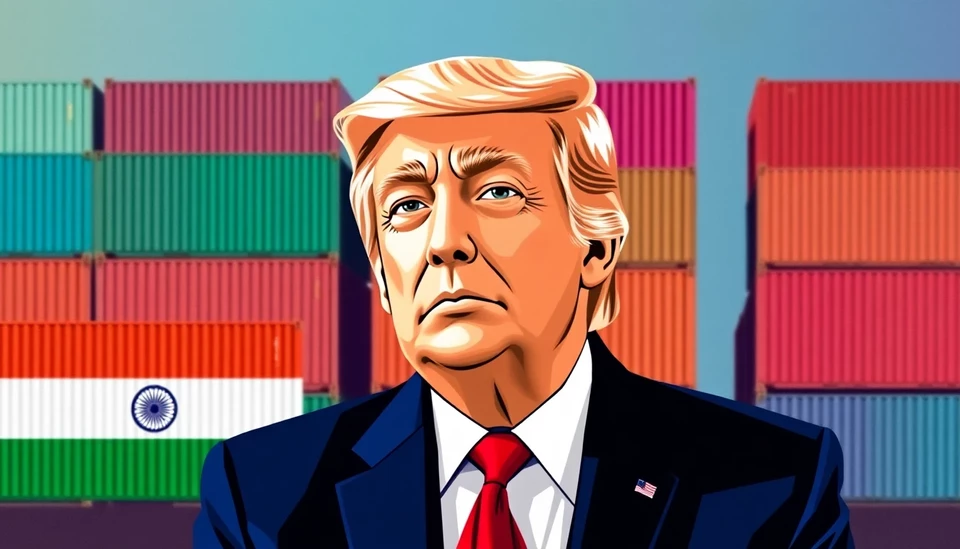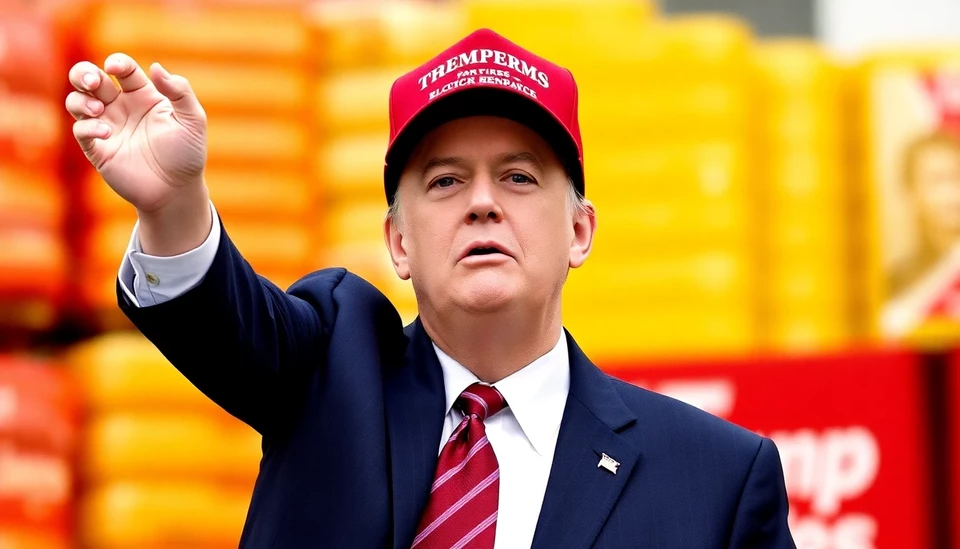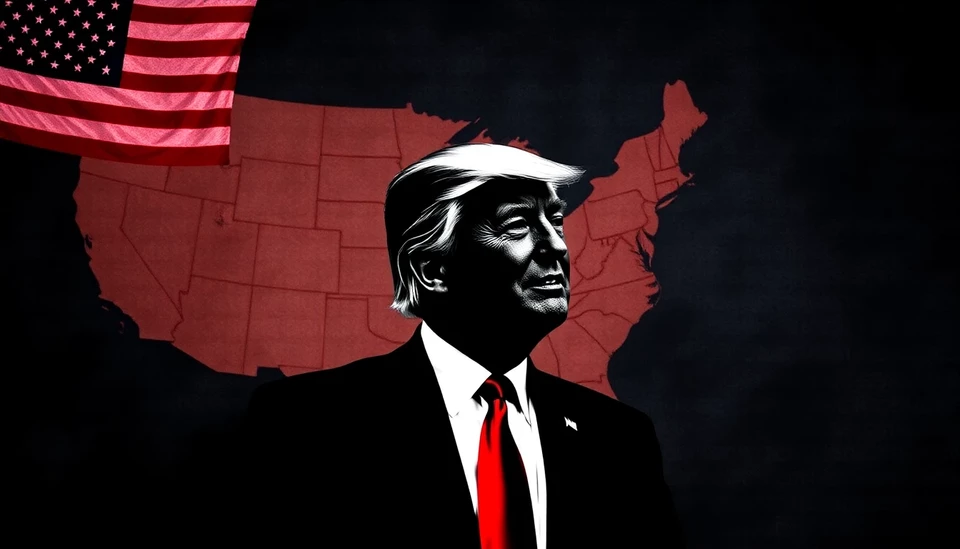
As Donald Trump gears up for another campaign for the presidency, his historical approach to trade is once again finding resonance in the global market, particularly in India. Economists in the country are expressing a newfound optimism fueled by the potential shifts in U.S. trade policies under his potential leadership. This unexpected enthusiasm is rooted in the challenges India has faced in its own trade landscape amid complicated relations with China and the evolving global economy.
During Trump's presidency, his "America First" trade policy fortified certain sectors in India, creating opportunities for local businesses to thrive in the backdrop of rising protectionism. This time around, observers are speculating that a return to power by Trump could catalyze further economic arrangements beneficial to India, as the country seeks to expand its market reach and reduce reliance on China.
Indian economists argue that a resurgence of Trump-like policies could lead to an increase in foreign direct investment (FDI) inflows from the U.S. This would be a critical boon for India’s ambitious economic growth targets and its manufacturing sector, which has encountered headwinds due to extensive supply chain challenges and competitive pressures from neighboring countries.
The context is set against a backdrop of an increasingly complex geopolitical landscape, where India is endeavoring to bolster its economic influence and stabilize sectors that are pivotal to its ambitions of becoming a global manufacturing hub. Analysts believe that Trump's aggressive stance towards China in the trade domain could open new doors for Indian exports, particularly in sectors like pharmaceuticals, textiles, and technology.
Moreover, the growing narrative of decoupling from China—prompted by various global events—has encouraged Indian businesses to enhance their production capabilities while also exploring new partnerships. In light of this, economists are seeing a silver lining in a potential Trump revival, arguing that it may strengthen India’s position on the world stage as a viable alternative to the Chinese market.
While some critics caution against overly optimistic projections, citing the unpredictability of Trump’s policy decisions, the sentiment among many Indian economists is predominantly positive. They see the possibility for a recalibrated U.S.-India trade relationship that can yield mutual economic gains—especially if Trump pursues policies that inadvertently benefit India's manufacturing narrative.
In summary, as the political landscape in the U.S. evolves, Indian economists are keeping a watchful eye on the implications it could have for trade relations. Trump's impact, whether a return to the presidency or influence over U.S. trade policies, appears to hold the potential to energize economic prospects for India, offering a glimmer of hope amidst global uncertainties.
#TrumpTradePolicy #IndiaEconomics #USIndiaRelations #GlobalTrade #Economy #ManufacturingSector
Author: Laura Mitchell


